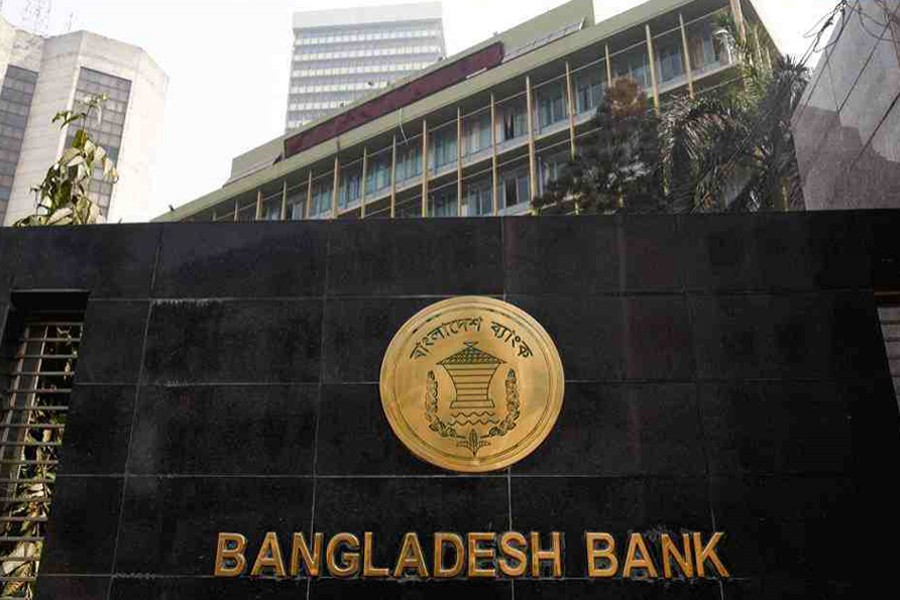The government has moved to simplify the repatriation process of foreign investment and profit by removing the existing barriers for attracting the businesses being relocated by the global conglomerates amid the Covid-19 pandemic.
As the pandemic has lashed the global economy, many multinational companies have begun relocating their businesses to countries where the cost of doing business is comparatively lower than that of their present locations.
Bangladesh, being a country where cheap labour is available and the government is setting up more than a hundred economic zones, has the opportunity to attract such businesses provided some of the existing barriers are removed, according to officials and experts.
The ministry of finance in a letter on Tuesday requested Bangladesh Bank to take steps to remove all legal, procedural and policy-related impediments as part of creating investment-friendly environment so that the foreignbusinesses could repatriate their investment and dividend easily.
According to the central bank data, the country received US$ 2.87 billion in Foreign Direct Investment (FDI) in 2019. In 2018, the FDI inflow was $3.61 billion, according to the United Nations Conference on Trade and Development (Unctad).
In the letter, the ministry said that due to the impacts of the pandemic, major changes were taking place in the global economy including relocation of investments. The pandemic has created the possibility of relocation of a good volume of foreign investment from China.
Regional countries like India, Vietnam and Indonesia have already simplified the investment-related laws, rules, tax, and banking system to attract foreign investments.
"Ensuring repatriation of investment/dividend is one of the preconditions of foreign direct investment," the letter noted and added that the government agencies involved in foreign investment facilitation needed to take immediate steps in this regard.
The letter also mentioned about a cabinet meeting held on June08last when the Prime Minister had asked the authorities concerned to take steps to facilitate repatriation of the foreign investment.
Bangladesh's skilled and easily available manpower, stable political situation, emerging and fast-growing economy, and continuous infrastructure development are luring the foreign investment, the letter mentioned.
At the same time, it said, many non-resident Bangladeshis were now expressingthe interest to invest in the country's industry, agriculture, and service sectors alongside various savings schemes of the banks due to high returns.
"But they face various difficulties while repatriating investment proceeds which discourage them to invest here," it mentioned.
Former central bank governor Dr Salehuddin Ahmed told the FE on Thursday that the option for repatriation of investment by the foreigners is clearly mentioned in the FDI policy.
"If we really want to attract FDI, we have to simplify all the procedures," he said.
He said that in some cases, some actions by the government, including handling the telecommunications sector, were not appropriate. These are not good signals for the existing foreign investors while some investors have already left the country facing many problems, said Mr, Ahmed.
"We have to look into the problems being faced by the existing foreign investors and also facilitate the inflow of fresh investment," he said, adding the Bangladesh Investment Development Authority (BIDA) has to be more proactive in this case.
"If there is political will and skilled manpower, FDI will come," he added.
Executive director of Policy Research Institute Dr Ahsan H Mansur told the FE that any foreign investor has the right to take back their money or dividend because they invested money to make a profit.
"If we do not let them repatriate the money, why they will invest here," he said.
Mr Mansur said most of the multinational companies reinvest their profit to expand business.
"The central bank creates barriers in repatriation of the money which is hindering FDI inflow," he said. Bangladesh should follow what the other countries were following in this case, he added.
Mr, Mansur advocated for liberalising restrictions on capital account selectively. "We need to let our businesses investing abroad as well while attracting FDI."


